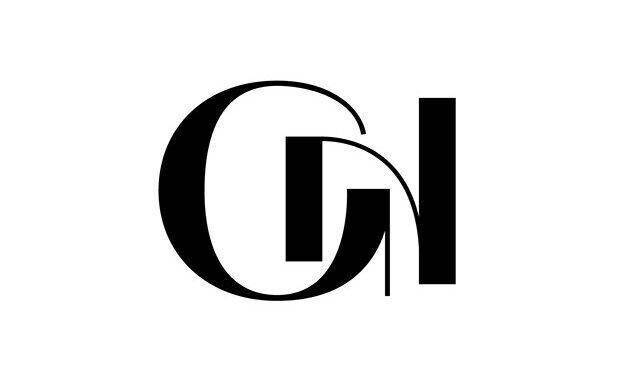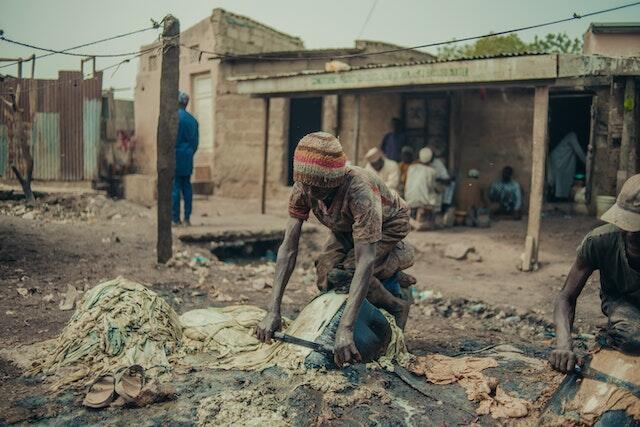How Democracy Fails Nigeria
How Democracy Fails Nigeria
There has been too much optimism in what Nigerians widely tout as the ‘dividends of democracy’, i.e. the benign and enabling outcomes of democracy. After 18 years of a return to democracy in Nigeria, the dividends of democracy on offer have only meant the military is no longer in government. The dividends have neither been available for experience as better leadership nor better governance. Unsurprisingly, we cannot solve the crisis of leadership in Nigeria by democracy as a system all by itself. Democracy can fail societies terribly.
Some here are looking surprised at my last comment, so I shall attempt to explain myself even though I did not intend to go down this route. We are all homo institutio, people of rules and institutions, whether they suit us or not. Unless we deviate from them by exceptions, violations and errors. Democracy is about the conformity of citizens to rules and institutions. Democracy is also based on the primary conceptions of a duad of societal universalisms.
We have democratic universalism which assumes and promotes democratic practices are to be constantly and consistently evident in every aspect of society. Both leaders and followers should uphold such a universalism in relevant measures. Relevant measures simply mean that everyone is not equal in society. Society vests people with different levels of privilege depending on one’s power status. For example, executives (terminal leaders) in government have immunity from prosecution while in office for crimes that other citizens do not have. The practise of democratic universalism with at most minor variations across, say, a federation like Nigeria. Deviations to democratic universalism occur but as exceptions, violations and errors, where and when detected.
Then we have moral universalism, which assumes that everyone under the law must conform to the normative and positive expectations of the established moral codes, rules and laws of society. It does so with provisions of a large dose of individual freedom leaders or citizens can enjoy. Morality is about choices between right and wrong and the more the right choices citizens make, the better the societal outcomes will be. Again, deviations to universal morality occur as exceptions, violations, and errors. Societies that practice both democratic and moral universalism with high fidelity are the ones that routinely enjoy the proud dividends of democracy. How well does Nigeria practice such universalism?
Because of poor leadership, Nigeria perennially encounters democratic particularism in which the institutions of democratic universalism reduces or perverts to satisfy the narrow distributive interests of the political elite at the expense of the citizenry. This makes it difficult for existing or new governments in power to tackle the corrupt political elite. Election promises routinely remain unfulfilled no matter who gets into power. This democratic particularism breeds many corrupt practices.
Expensive elections preponderate fraud rendering elections unfree and unfair. Such makes the votes of the masses worthless (cf spectre of ‘Political ricism’). Nigerian legislators receive the highest salaries in the world. While poverty, hunger, unemployment, inflation, water shortages and blackouts ravage at least 120 million citizens daily. Top politicians steal their treasuries dry by the million or billion-dollar with unbelievable impunity. Whereas the needy who steal food to fill their stomachs or items costing less $1, they suffer lynching usually by immolation daily. The Panama Papers scandal destroyed many political careers in societies where the practice of democratic and moral universalism is robust. The Nigerian politicians implicated have become more celebrated. After all, the courts that we expect to uphold positive morality in society have become nothing more than auction houses for politicians. “Power is everything” is the motto of democratic particularism.
Moral particularism simply means the moral, immoral and amoral are all worthy options for the political elite and their followers. Corruption is not wrong in Nigeria unless someone you dislike or have no relationship with does it. And spare me the accusation of generalisation. That is the moral particularism of corruption. It is moral particularism that makes it desirable and commendable for Nigeria politicians and their clients engage in the obscene practice of “spraying” big naira bills and foreign currencies at ceremonies as if money were mere confetti. Oil money wasted. “Anything goes” is the motto of moral particularism.
Democracy fails Nigeria the same way leadership fails Nigeria. It is arguably a continuum of the latter.
In my conclusion, without the duad of democratic universalism and moral universalism robustly, constantly and consistently practised in Nigerian society, democracy will neither deliver good leadership nor good governance in any significant form. The crisis of leadership will remain and even worsen.
Grimot Nane



